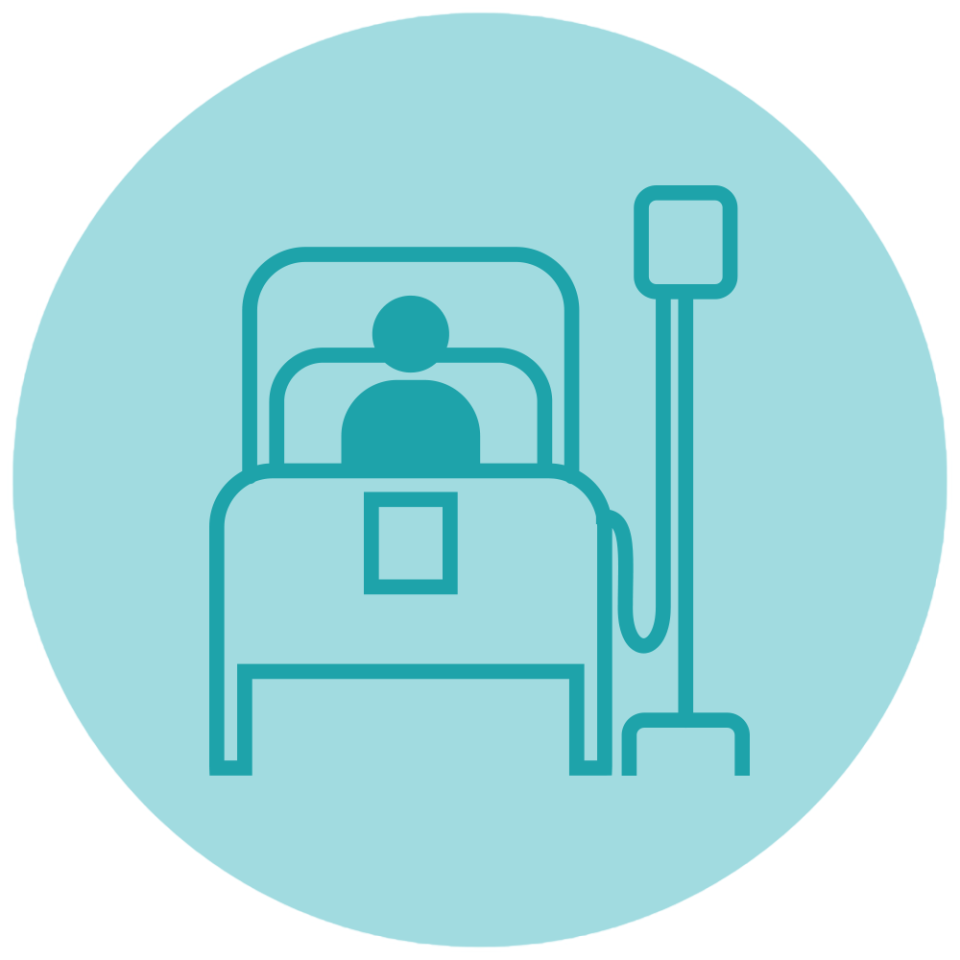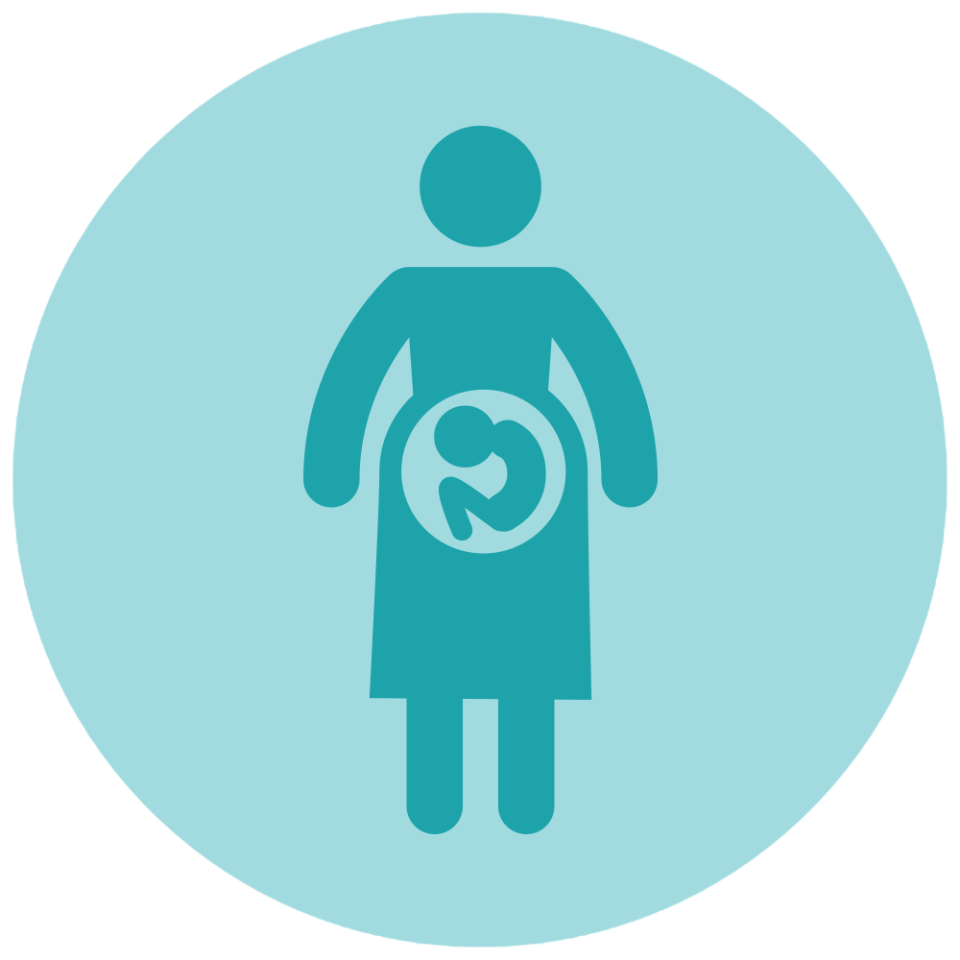4 Groups of People Who Are Most Likely to Get Really Sick From the Flu

Coming down with the flu is never any fun. The sudden onset of fever, sore throat, chills, and aches can make you want to hide under the covers forever.
While most people can recover from the flu in less than two weeks, certain high-risk populations are likely to have the flu develop into something more serious such as pneumonia or bronchitis, which could lead to hospitalization, according to the Centers for Disease Control and Prevention (CDC).
Plus, if you have certain health conditions such as asthma or heart disease, getting the flu could worsen your symptoms.
So, how do you know if you or a family member are at high risk for flu-related complications? Check out the list below. If you or a loved one belong to one of these groups, you should talk to your doctor about getting vaccinated ASAP. Think of it as the easiest (and most effective) thing you can do to prep for sniffle season.

1. People with chronic health problems or weakened immune systems
If you deal with a chronic health condition such as asthma, heart disease, COPD, diabetes, or blood, liver, or kidney disorders, you’re at a higher risk of developing flu-related complications, according to the CDC. Complications can include things such as pneumonia, bronchitis, and sinus and ear infections, to name just a few.
When your body is coping with a chronic health issue, your immune system is already overloaded, explains Donna Casey, MD, an internal medicine physician at Texas Health Presbyterian Hospital Dallas. And because of that extra workload, it has fewer available resources to devote to fighting off infections like the flu. The same is true if you have an immune-lowering disease such as HIV/AIDS or leukemia, or if you receive drugs that compromise your immunity such as chemotherapy, radiation, or chronic corticosteroids.

2. Adults over 50
As you age, your immune system has a harder time fending off harmful germs, and you develop more chronic health problems, says Dr. Casey. “This increases the susceptibility of getting the flu and developing complications such as bronchitis, pneumonia, or secondary bacterial infections on top of the viral flu,” she explains. That’s why people over 50 are considered a high priority group for flu vaccinations, according to the CDC.

3. Young children
The flu is more likely to take a dangerous turn in children under five (and especially those under 2) compared to older kids or adults, the CDC points out. Because their immune systems are still developing, they aren’t able to fight off infections as well. That ups the odds that a case of the flu could morph into something more serious like pneumonia or encephalopathy (a type of brain infection), or lead to dehydration, says the CDC.

4. Pregnant women
Even if you’re perfectly healthy, growing and carrying a baby taxes the body in a big way. Pregnancy causes changes to the immune system, heart, and lungs that make moms-to-be more prone to flu-related complications such as bronchitis or pneumonia, according to the CDC. And because those are serious infections, they have the potential to increase the risk for miscarriage, premature birth, or low birth weight, the American Pregnancy Association notes.
Like what you just read? You’ll love our magazine! Go here to subscribe. Don’t miss a thing by downloading Apple News here and liking Prevention. Oh, and we’re on Instagram too.
You Might Also Like

